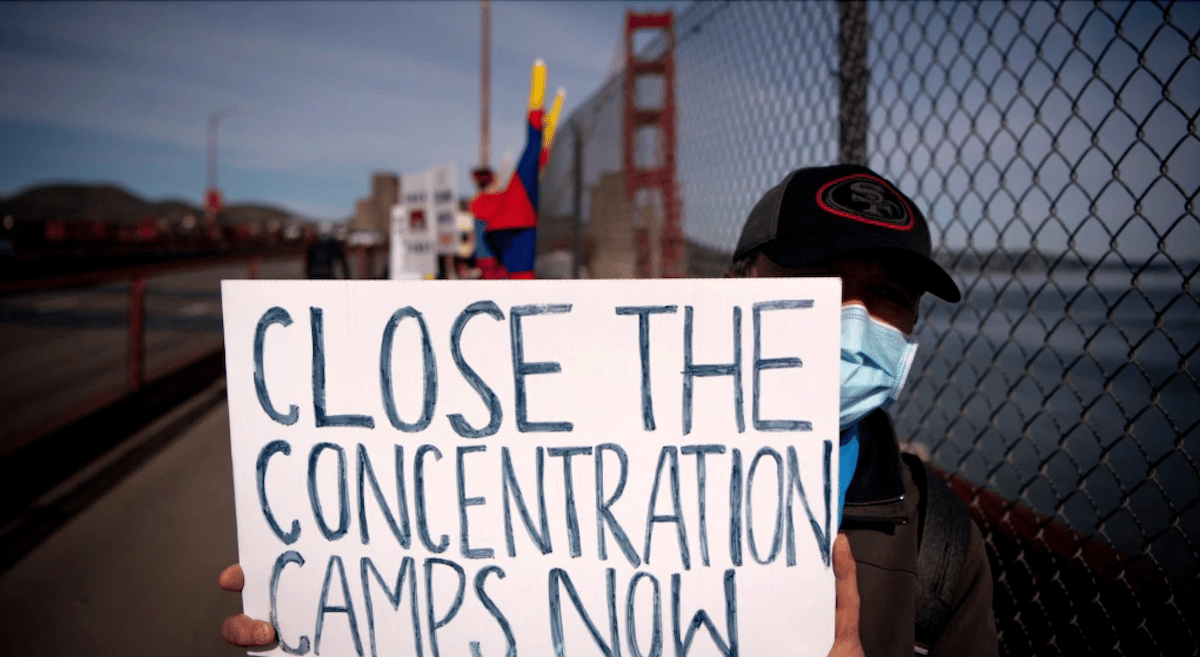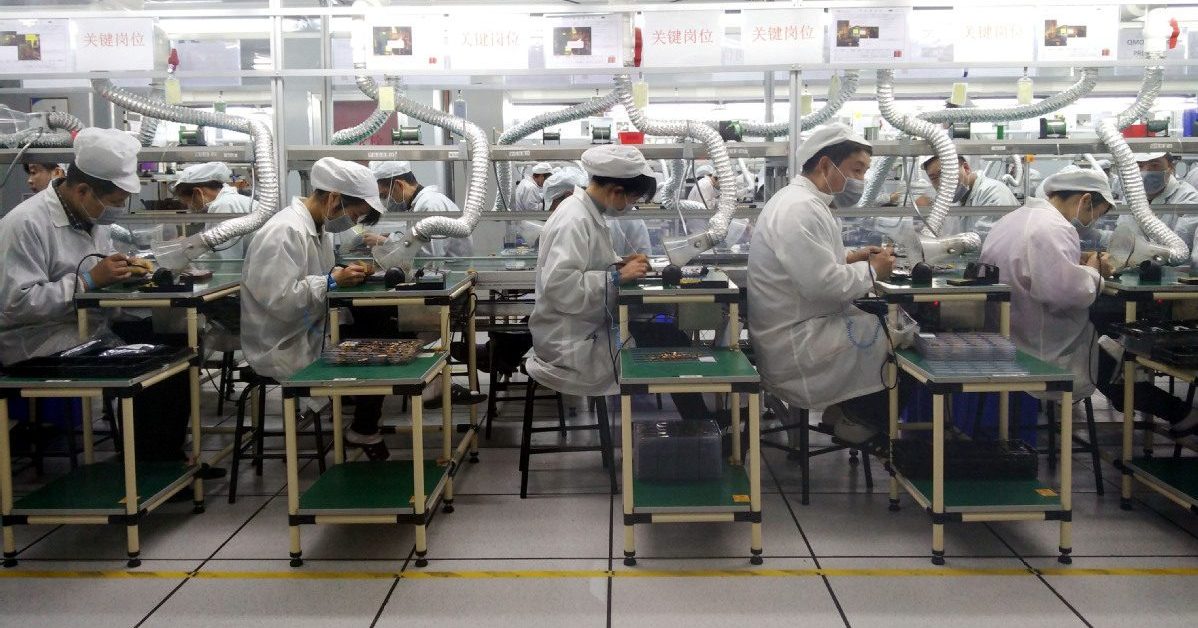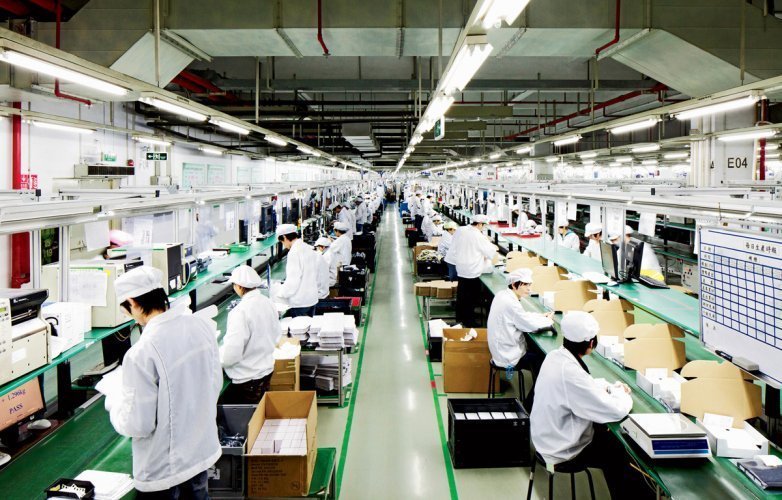Although Apple is gradually shifting its business from China, its operations are still deeply rooted in the country, a majority of its materials and products are manufactured in China. This dependence not only makes the tech giant comply with unethical demands of the Chinese government but also to overlook the alleged human rights violations carried out by the government like the genocide and exploitation of Uyghur Muslims in Xinjiang.
Now, the newly passed “Uyghur Forced Labor Prevention Act” will bar the tech giant from working with Chinese suppliers from the northwestern Xinjiang region unless they can prove that Uyghur forced labor was not used in any section of their supply chain.

Apple is required to prove zero involvement of forced Uyghur labor by Chinese suppliers under the new labor law
The work on the new Uyghur Forced Labor Prevention Act began in 2020 and the tech giant was lobbying to weaken the bill. According to the New York Times, Apple wanted to extend the date of compliance, and more importantly, absolve itself from the responsibility of identifying Chinese suppliers that used Uyghur forced labor to the U.S government.
Apple’s suggested edits to the bill included extending some deadlines for compliance, releasing certain information about supply chains to congressional committees rather than to the public, and requiring Chinese entities to be ‘designated by the United States governent’ as helping to surveil or detain Muslim minority groups in Xinjiang.
The tech giant’s effort failed and now, the Uyghur Forced Labor Prevention Act has been enforced in the United States, reported by VOA.
Publically, the tech giant states that it has a zero-tolerance policy for forced labor. Thus, the company conducts annual audits to identify and remove violating manufacturers from its supply chain.
Uyghur Muslim minority dwells in the Xinjiang region of China and for years, it has faced oppression by its government. Under the false pretext of “poverty alleviation programs”, the Uyghur Muslim minority has been placed into concentration camps to change their religious views, and men and women have been forced into contraception, sterilization, and abortion sent into forced labor.

And to ensure that forced labor was not used in its supply chain, Apple conducts annual audits. However, that has proven to be inadequate.
Although the tech company’s Annual Progress Report 2021 found no evidence of forced labor in its supply chain, its supplier Lens Technology was accused of exploiting Uyghur forced labor.
Therefore, the human rights organization, the Tech Transparency Project (TTP) argues that companies like Apple should employ other sources instead of their audits to know if Uyghur forced labor is employed by its suppliers.
Those companies were lobbying the UFLPA and have stated that the due diligence that they’ve done either through their internal audits or auditors was enough—except five major auditing firms have left the Uyghur region precisely because they’re unable to perform audits with any degree of certainty or accountability or transparency […]
It seems almost laughable to me to think that some auditor can go into one of these factories that are run by a state enterprise and interview a Uyghur worker and get an answer that is reasonably free and not coerced by the Chinese government. It’s nonsensical to say that due diligence was working, because if they were working, you wouldn’t have Uyghur forced labor in your supply chain!

It also demands that companies sever ties with the Chinese state enterprises responsible for Uyghur forced labor.
There should be no dealings with Chinese state enterprises that have engaged in Uyghur forced labor or are operating in the Uyghur region, and more specifically here, companies that are partnered with the XPCC. The Xinjiang Production and Construction Corps are probably the largest supplier of Uyghur forced labor and they are essentially a paramilitary organization that has established massive control over production, resources, labor, and has been using that to benefit themselves and the Chinese government immensely.
These kinds of partnerships are unacceptable and completely unethical. … There is an element of complicity in continuing to financially support the profit incentive, the engine, of the Uyghur genocide.